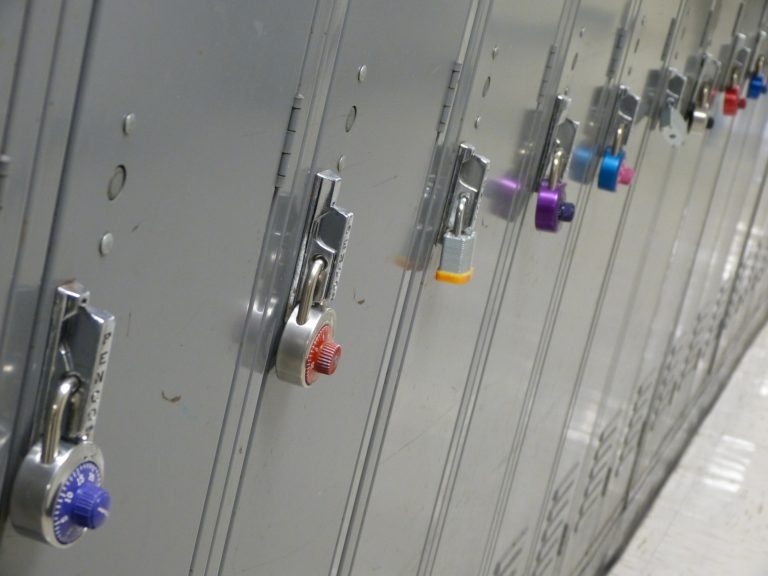Feeling safe is a fundamental component of healthy development. However, there are many things that can negatively impact that development. Trauma, violence, and lack of support are just a few of the many factors to keep in mind when discussing student safety. Here are five ways you can help your student feel safe and build confidence.
1. Think Through Your Own Feelings
It’s more important than ever before that parents do what they can to protect their own mental health. Talk to a few relatives or close family friends. Take more walks outside. Do whatever you need to do to process your own feelings first. Ensuring that your own mental health stays strong is the first step in helping your children feel safe.
2. Be Transparent
It’s important to be honest and transparent with children. However, it’s also important to remind kids that the world is full of good people but there are some people who do bad things. Depending on a child’s age and/or maturity level, it may be appropriate to explain a specific event and/or what’s currently happening to help ensure bad things don’t occur. It may also be helpful (for you and them) to find out what local, state, and school officials are doing in your community to help keep everyone safe.
3. Provide Space for Questions
For both children and adults, times of crisis and tragedy can feel overwhelming and confusing, to say the least. That’s why it’s important to allow kids to process their emotions and thoughts in their own way and in their own time. It’s equally important that kids know you have an open-door policy when it comes to asking questions. Additionally, you can encourage your kids to keep a journal to write down their thoughts and share them with you later.
4. Take Breaks from TV/Social Media and Protect Your Peace of Mind
Of course, it’s important to stay informed. However, it’s equally important to limit television news broadcasts and social media intake. Helping your family cut down on media consumption can help reduce the likelihood of ruminative thinking. Planning a simple family outing like visiting a local park can also help reduce anxious thoughts.
5. Connect with a Mental Health Professional
There is no shame in needing or asking for help. Today, families are shouldering so many different, and in many cases, painful realities. Though it may seem like there aren’t enough hours in the day already, doing what you can to find and keep counseling sessions with some degree of regularity is an important component of self-care.
***
When students feel safe and secure, they are more likely to feel comfortable expressing themselves and trying new things. They’re also more likely to develop a positive sense of self-worth, which ultimately leads to improved academic performance. That’s why now, more than ever, it’s important for parents, caregivers, and school leaders to create a safe and supportive environment for students.





























































































